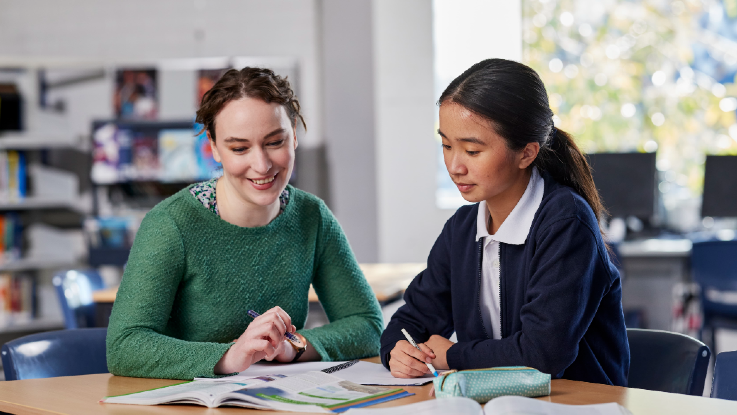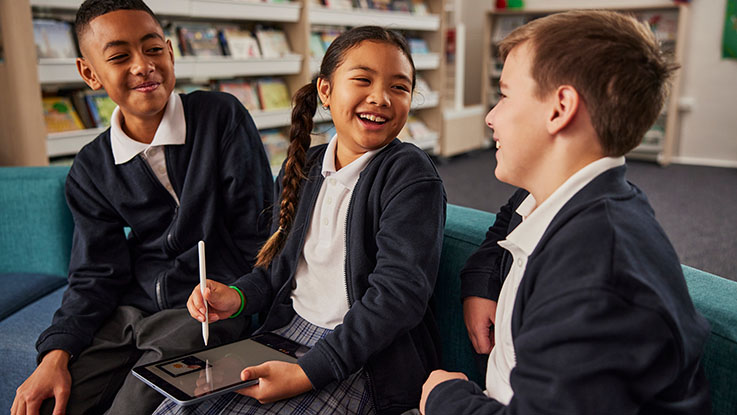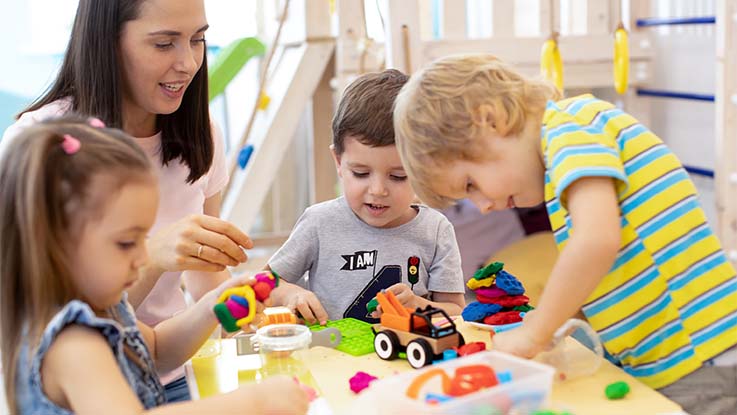The power of play: Helping your child learn and grow
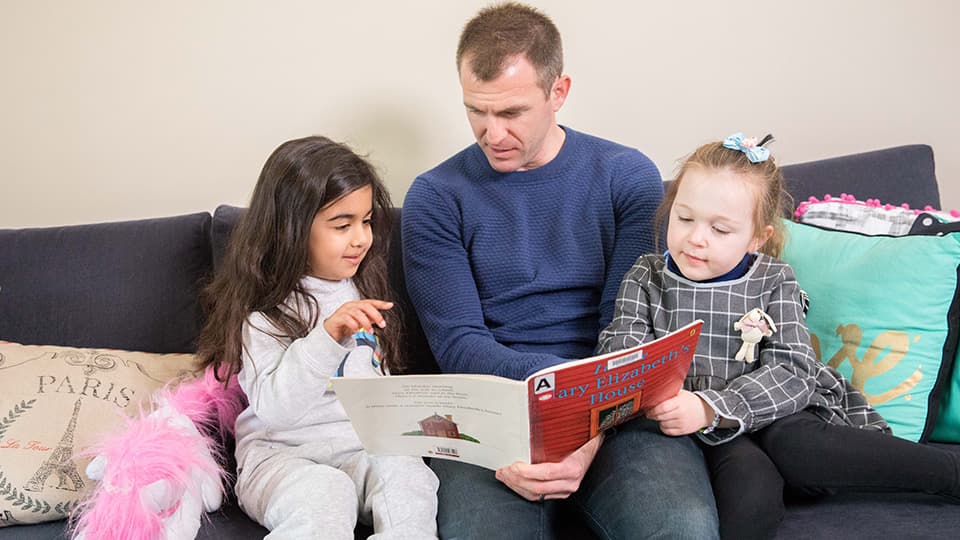
Raising a child is an exciting journey, and play is a big part of it. For children aged 0-5, play is more than just fun—it's how they learn and grow.
Why play matters
Play is essential for your child's development. It helps them learn to think, solve problems, and interact with others. Through play, children develop:
- Cognitive skills: Learning to think, understand, and remember.
- Social skills: Learning to share, take turns, and cooperate.
- Emotional skills: Learning to express feelings and cope with emotions.
- Physical skills: Learning to move and control their bodies.
Fun and learning go hand in hand
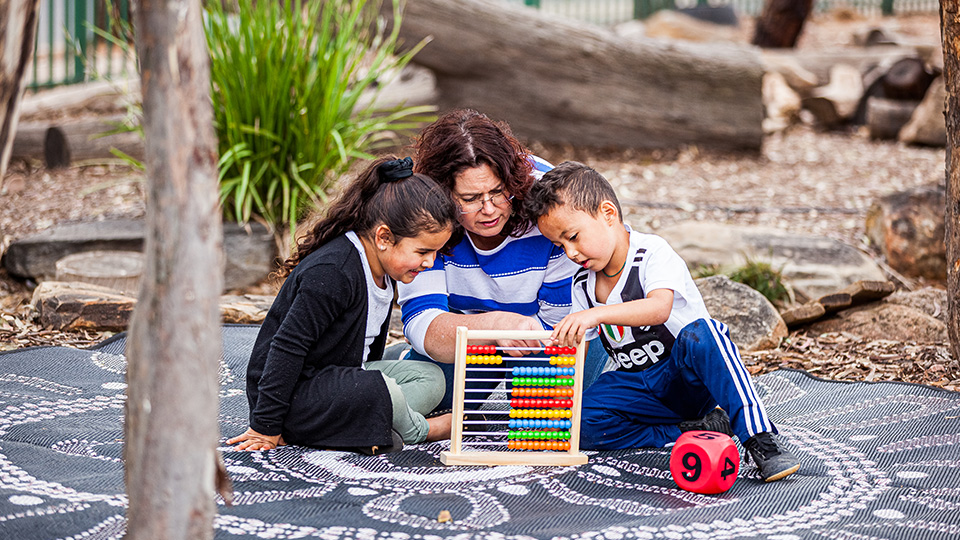
Here are some great resources from Raising Children to help you understand the importance of play and how to make the most of it:
- Play and learning: Aboriginal and Torres Strait Islander parents
Discover how play is a vital part of learning in Aboriginal cultures. - Low cost play ideas
You don't need expensive toys to help your child learn. Explore simple and affordable play ideas. - Playgroups, child care, and preschool
Learn about the benefits of playgroups and early education settings.
Tips
- Join in: Play with your child. It strengthens your bond and helps them learn.
- Be creative: Use everyday items for play. A cardboard box can become a car, a house, or anything your child imagines.
- Encourage exploration: Let your child explore and try new things. It's okay if they make a mess—it's part of learning!
Embrace the power of play in your child's early years. It's a wonderful way to support their development and enjoy precious moments together.
End of article

